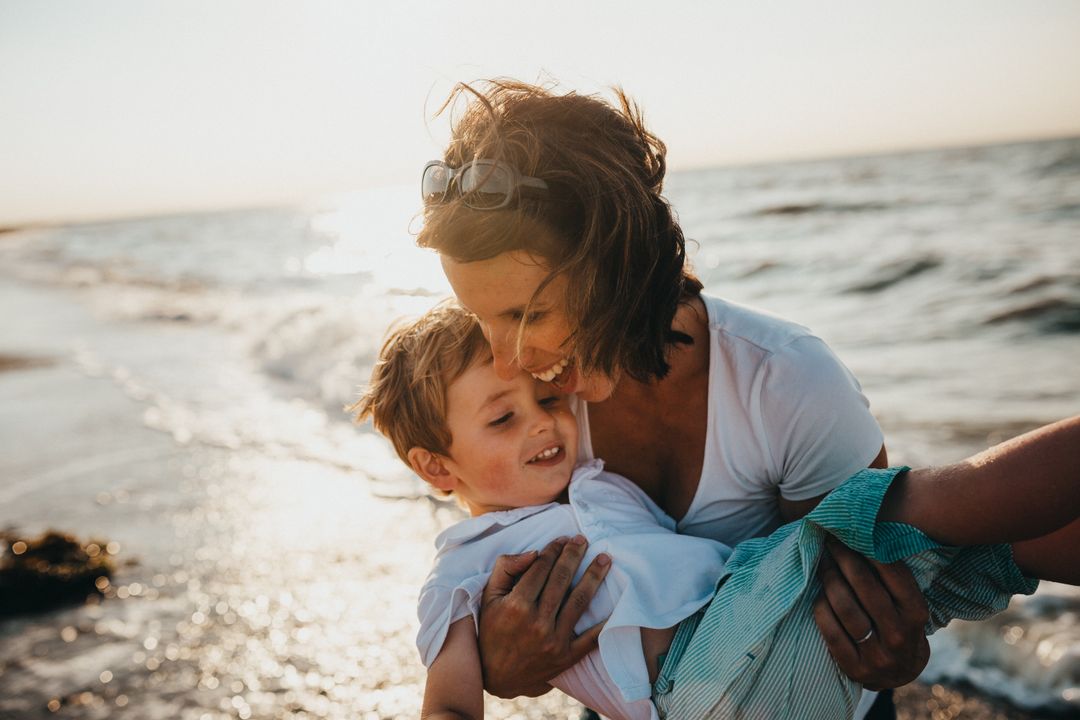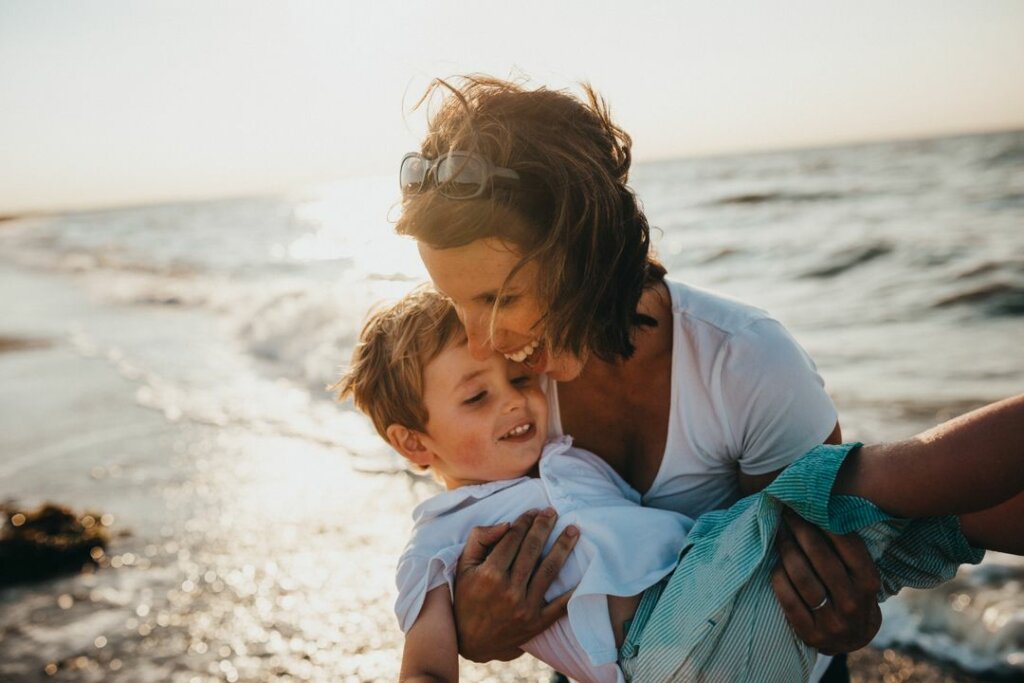Most people see toddlers as carefree little humans with zero responsibilities. They’re not in school yet, they don’t quite understand the world around them, they don’t have jobs, and they don’t pay the bills. They must be immune to all the stresses in our world today. Right?
Wrong! Situations like divorce, starting preschool, moving homes, seeing disturbing images on the screen, or gaining awareness of the family economic status can cause uneasiness and anxiety in toddlers.
So how can we help toddlers adapt to these situations? By teaching kids mindfulness. Studies show that mindfulness can help young children develop lifelong skills to become resilient and self-aware during challenging times.
How can we teach kids mindfulness?
Mindfulness skills have to be practiced and modeled daily. It is like a muscle; the more you practice, the stronger the mindful muscle gets. That’s why it’s important to start as soon as possible!
Here are some simple mindful habits we can instill in our toddlers.
1. Meditation
The more you practice meditation with your child, the more you and your child can reap all the physical, emotional, and mental benefits the practice brings.
Per Bobby Azarian, author of The Mindful Child, “Fundamental principles of neuroscience suggest that meditation can have its greatest impact on cognition when the brain is in its earliest stages of development.” So what better time to start this practice with your little one than now?
Meditation can help children find a calm and peaceful mental space while sitting still, even for just a moment.
And you don’t always have to sit cross-legged and still for a long period of time. Meditating for as short as 10 minutes can already do wonders—for both the child and the adult. It might be challenging at first to get a rambunctious toddler to stay still. Kids are fast learners, however, so as long as you keep at it, they’ll definitely improve each day.
2. Expressing emotions mindfully
So much growth and change happens early on, and it’s fascinating how much the outside world can shape a child’s development. Learning experiences and environmental factors help little humans develop their emotions and feelings. It is from here that they then learn how to react and respond appropriately.
This is why we should be mindful of how we talk to our toddlers. We can guide them through identifying and understanding their feelings. This skill eventually helps them communicate and express themselves better.
By helping toddlers be mindful of their emotions, they learn how to react and regulate in positive ways. For example, when toddlers name their feelings, they learn new emotional vocabulary words to express themselves. They will develop a heightened awareness of the strange things they are experiencing in their bodies, and later be able to explain why they feel a certain way.
For example, you can say, “I can see that you were angry when that child took your toy away from you.” Children will soon become great “emotion detectives.” They will try to understand themselves on a deeper level; specifically, why they felt that way in that particular situation. Eventually, they learn how to step back from intense negative emotions, and identify and accept them, instead of fighting how they feel.
3. Building gratitude as an attitude
An attitude of gratitude isn’t just being thankful when someone does something nice for you. It’s a deep sense of appreciation for life—whether good or bad, tangible or intangible. Whenever you talk about what you’re thankful for in life, you’re also acknowledging the beauty and goodness you see around you.
Developing a habit of gratitude is one of the simplest ways to boost your mood and increase your personal sense of contentment. However, gratitude also takes a lot of practice. So if you want to cultivate gratitude in your child, start them early so they can adopt it as a habit!
Here are simple questions we can ask toddlers that teach them gratitude in relation to their experiences. These questions require children to Notice, Think, Feel, and Do.
Example:
Adult: What do you have in your life that you are thankful for? (Notice)
Toddler: I am thankful for my friend, Lisa.
Adult: Why are you thankful for Lisa? (Think)
Toddler: Because Lisa always plays with me! I like her so much!
Adult: How does Lisa make you feel? (Feel)
Toddler: Happy!
Adult: Are there ways to show Lisa that you like and appreciate her? What are some kind things that you do for Lisa? (Do)
In conclusion, the toddler years are a great time for social, emotional, linguistic, and cognitive development. Starting the little ones down the mindfulness path is not only fulfilling for parents; it will also benefit your kids in the long run.
Incorporate these habits into your toddler’s everyday life, and watch them grow into intelligent young individuals who navigate the world with consciousness, gratitude, and kindness.



